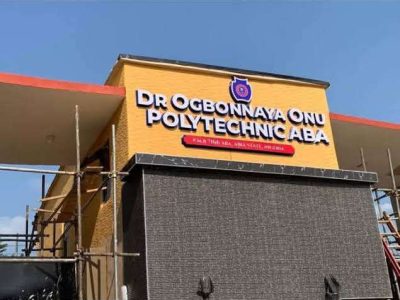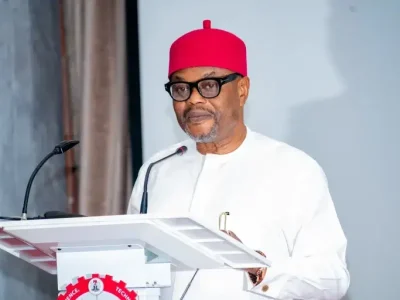Economists, analysts and those that know the level Nigeria attained in the past by investing in Agriculture, have argued that the problem of Nigeria has multiplied because current leaders have refused to heed the call to entirely embrace agriculture as well as diversify the economy.
Calls for leaders at all levels in the country to diversify the economy or retrace their steps and go back to agriculture have continued to be ignored by governments despite being aware of what the country stands to gain if they embrace agricultural efforts backed with good policies and programmes.
Amid these neglects, many have strongly made open confusions, saying they wish that the oil which has made leaders consistently relegate calls to sustain agricultural efforts to the background would dry up someday, thus forcing leaders to put on their thinking caps and revert to agriculture which once served as the mainstay of Nigerian economy.
It is no longer news that Nigeria, the giant of Africa, before the 70s, once stood tall as an agricultural hub, with farming as the backbone of the economy and sustained many families. Agricultural efforts before the oil boom, sustained families who saw it only as an available means to cater for families and solve their overburdened problems.
Today, Nigeria is facing increased poverty, hardship, unemployment because successive governments have continued to depend on oil. Suffice it to say at this point that for decades, successive governments have not made glaring efforts to diversify the economy of the country, reduce oil dependence, and create sustainable wealth for Nigerians who yearn for such.
It is also not an exaggeration that failure of successive governments to chart a new course for the country through agricultural efforts has contributed to the limited progress that has been witnessed in pulling people out of poverty and creating an ecosystem that will ensure they feed their families without much struggle.
Many renowned economists including the ex-Director-General of the National Directorate of Employment and the President/CEO, Agricultural & Industrial Entrepreneurs of Nigeria (A.I.E.N), Chief Sir Chuku Wachuku, have opined that Agribusiness, driven by Micro, Small, and Medium Enterprises (MSMEs) and the informal sector, holds the key to unlocking inclusive and lasting growth in Nigeria.
He has contended that A.I.E.N, which manages the largest cluster of raw materials in organic farming across the 774 Local Governments of Nigeria, building pathways from raw material production to industrial productivity, both for domestic industries and international markets, can provide solutions to food security, job creation and engineer a diversified, self-sufficient economy.
Worthy of mention also, is the fact that AIEN, under the leadership of Chief Wachuku, has flagship programs including: Raw Materials Based Clusters Initiative (RMBCI) which aims to transform raw materials into structured clusters that fuel productivity, drive value chains, and power industries at scale.
AIEN has also come up with a program known as One Local Government, One Industry (OLOI) with its focus centered around establishing a distinct, sustainable industry in every local government, creating jobs and strengthening local economies nationwide.
Also in their offing, is Grow in Nigeria (GIN), which aims to promote agriculture as a competitive advantage, thus highlighting that it is cheaper and more productive to grow raw materials in Nigeria.
Furthermore, Make in Nigeria (MIN) is also a flagship program of the AIEN, driving industrialization by encouraging value-added production within Nigeria, positioning the nation as a hub for manufacturing and exports while the MSMEs at the Core, is set out to empower Micro, Small & Medium Enterprises identifying it as the backbone of inclusive and sustainable development.
Efforts have also been made by AIEN to highlight the benefits of these laudable initiatives which aim to end over dependence on oil in Nigeria and pull families out of hunger, hardship among others. A.I.E.N has also maintained that these programs represent a bold commitment to transform raw materials into engines of productivity and industries of the future.
Nigeria, the giant of Africa, can no longer rely on oil whereas there are untapped potentials that can lead shared prosperity and bring about massive transformation that the citizenry crave.
It therefore beehoves the investors, entrepreneurs, policymakers, and development partners, to join AIEN under the leadership of a renowned economist, Chief Sir Chuku Wachuku in this national movement aimed at providing food security, job creation and ensuring that the Nigerian economy is diversified which will guarantee a self-sufficient economy.




















Comments